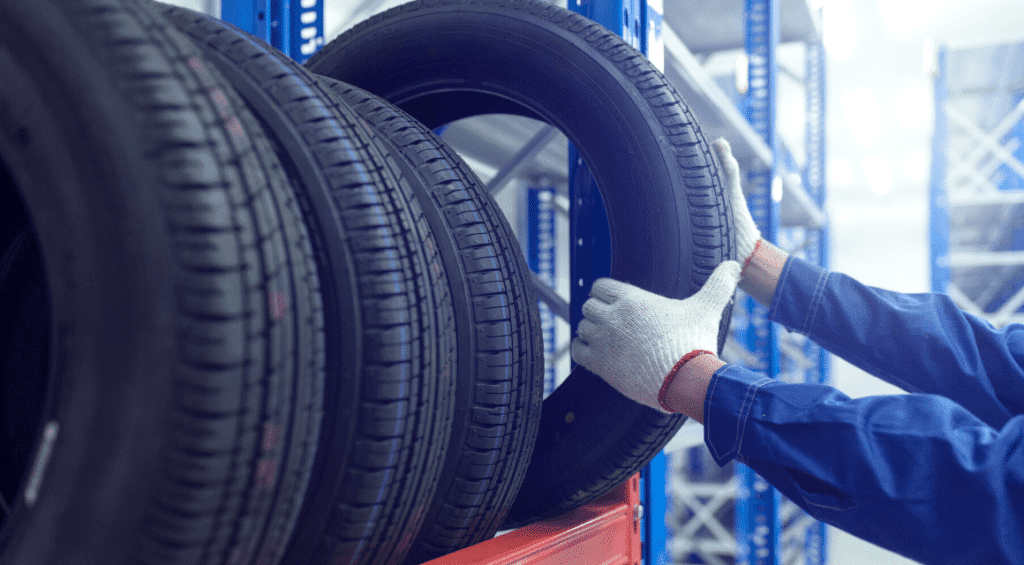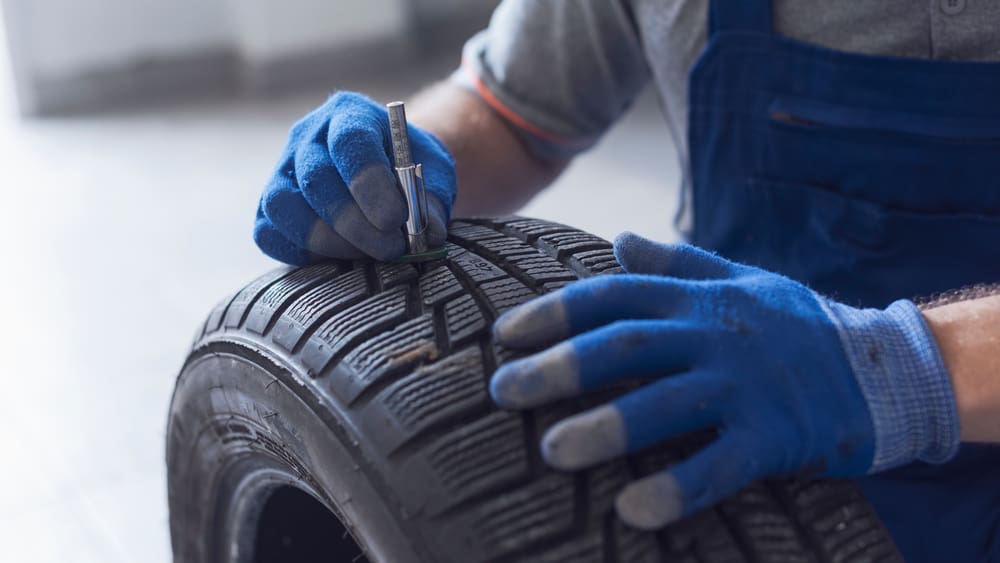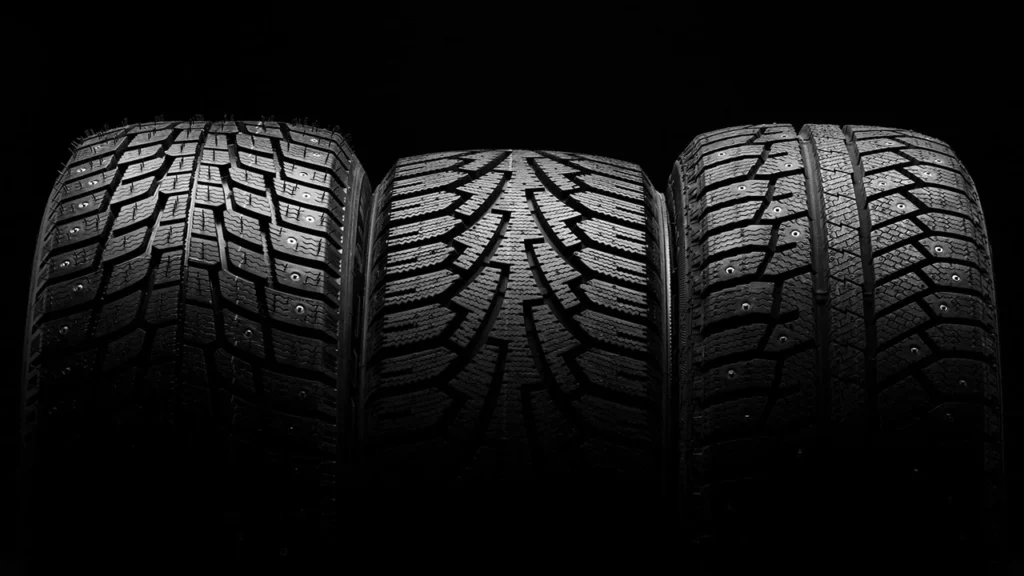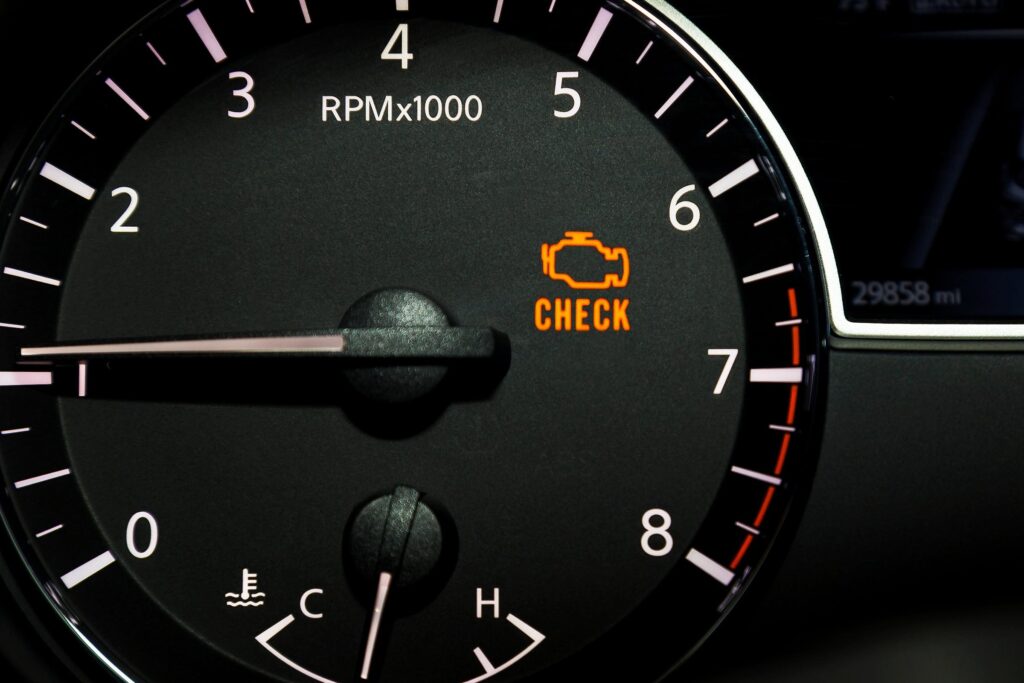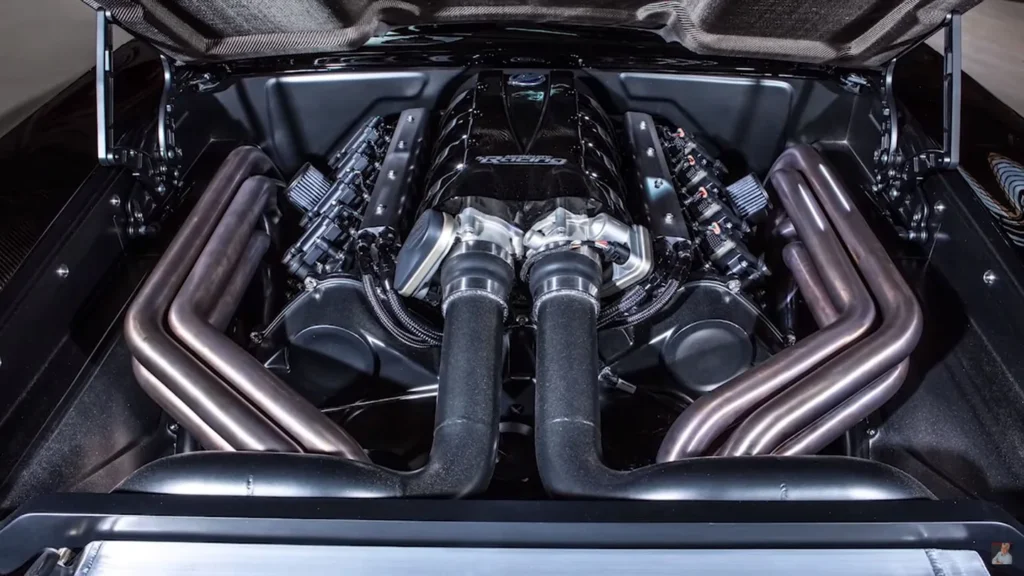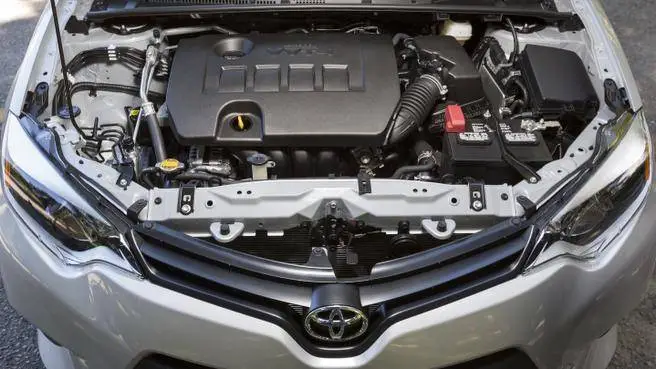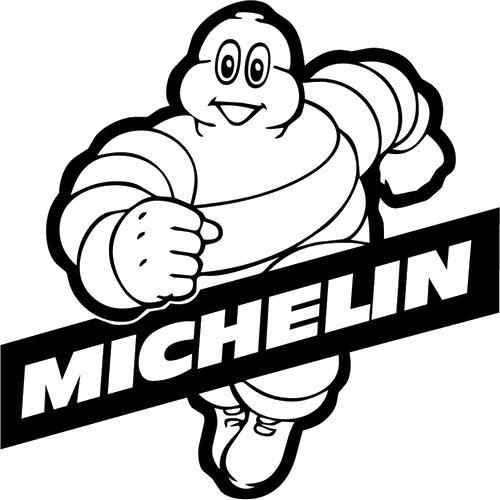 (2) Comments
(2) Comments
Learn how to properly care for your new car with tips on maintenance, cleaning, rustproofing, and detailing.
Congratulations on your new car! Owning a brand-new vehicle is an exciting experience, and by taking proper care of it from the start, you can ensure it stays in optimal condition for years to come. In this blog post, we will provide you with essential tips and guidelines on how to care for your new car. From routine maintenance to protective measures, let’s dive into the ultimate guide that will help you preserve the beauty and performance of your cherished automobile.
- Follow the Manufacturer’s Maintenance Schedule: One of the most crucial aspects of caring for your new car is adhering to the manufacturer’s recommended maintenance schedule. Regular maintenance tasks such as oil changes, tire rotations, fluid checks, and filter replacements are essential to keep your car running smoothly and to prevent potential issues down the line. Refer to your owner’s manual or consult with your automotive repair shop to ensure you stay on top of all the necessary maintenance procedures.
- Keep it Clean: Regularly washing and detailing your new car is not just about maintaining its appearance; it also plays a significant role in preserving its paint, preventing corrosion, and protecting the interior. Wash your car using a gentle automotive soap and a microfiber cloth or sponge. Pay attention to areas prone to dirt and grime buildup, such as the wheels and undercarriage. Additionally, applying a coat of wax every few months will provide an extra layer of protection against the elements.
- Protect the Interior: Preserving the interior of your new car is equally important. Invest in quality floor mats to protect the carpet from dirt, debris, and spills. Consider using seat covers to shield the upholstery from wear and tear. Regularly vacuuming the interior and wiping down surfaces with a mild cleaner will help maintain a fresh and inviting cabin environment.
- Park Smart: Choosing the right parking spots can significantly impact the longevity of your new car’s exterior. Whenever possible, park in shaded areas to protect the paint from the sun’s harmful UV rays. If shade is not available, consider using a car cover for added protection. Additionally, parking away from other vehicles and potential hazards can minimize the risk of scratches, dents, and door dings.
- Drive Responsibly: How you drive your new car can have a direct impact on its overall health. Avoid aggressive driving habits, such as rapid acceleration and hard braking, as they can put unnecessary strain on the engine, brakes, and suspension. Adhere to posted speed limits, and practice smooth, gradual acceleration and deceleration. By driving responsibly, you can extend the lifespan of your vehicle’s components and optimize fuel efficiency.
Caring for your new car is a responsibility that will pay off in the long run. By following the manufacturer’s maintenance schedule, keeping your car clean, protecting the interior, parking smartly, and driving responsibly, you can ensure your vehicle remains in pristine condition and retains its value. Regular maintenance and proactive care will not only enhance your driving experience but also contribute to the longevity and reliability of your beloved automobile.
If you ever need any automotive repair or maintenance services, our skilled technicians are here to assist you and help keep your new car performing at its best. Feel free to reach out to us for any inquiries or assistance along the way.






